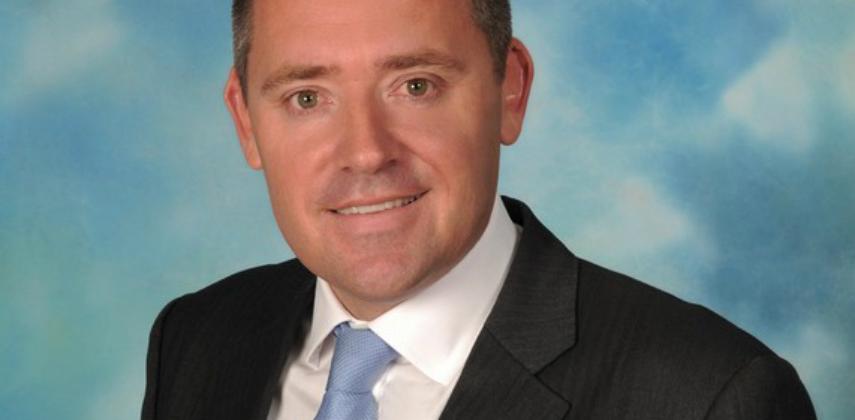A workplace made up of employees from a diverse range of age groups is commonplace in organisations around the world. But ensuring that people with different outlooks and experience work well together, learning from each other and making the most of their respective talents, is not always straightforward.
That’s why HR professionals need to take due account of what makes individuals tick and, especially, to consider the different attitudes and priorities likely to be found among the older and younger members of any “cross-generation” workforce.
When devising strategies to increase employee effectiveness, it is vital to recognise the range of motivations and expectations. Any mix of people, even if they speak the same language or are citizens of the same country, includes numerous variances in terms of education, background, training and influences.
Indeed, HR practitioners soon learn that individuals from different generations are often motivated by completely different things. Uncovering and understanding these can have a big impact on overall productivity. Also, if employers are prepared to be flexible, bending their own rules and adapting to meet reasonable requests from one workforce generation or another, they will be better placed to attract and retain talent. In this way, they can add value and ensure harmony.
Of particular interest in this context is how companies handle Generation Y recruits.
Demographic studies show that this late-teens to early-20s group has quite distinct views. Arriving in the corporate environment, they often see obligations, expectations and incentives in a way their predecessors would not have considered.
While remuneration is clearly important, it is common for Gen Y to have other questions. For example, they might ask about the company’s investment in technology, its environment policy, flexible working practices, and the use of social networking. Also, younger candidates are more aware these days about the general employment market. They know the value of software skills, languages and overseas experience, and will raise issues, such as corporate social responsibility, which barely existed 20 years ago.
But it would be wrong to think that more experienced workers consider only financial rewards or have a fixed outlook. Employers should react to the broader, changing concerns which matter to different age groups. Research from the recruitment market reveals that older workers may value factors like extra training, a more public role, or a say in strategic decisions. HR executives should aim to respond accordingly and not think the “demands” of the younger generation carry more weight.
Regardless of age, almost everyone wants opportunities for professional development and career progression. Therefore, employers need a vision for the company which lets each department and worker see where they are going. Ideally, this should not only convey a sense of stability and job security, but also outline some of the corporate challenges and personal targets that lie ahead. Doing so helps everyone see how and where they fit in, improving teamwork and showing that many parts make the whole.
Good communication in the workplace is key to making this happen. Sometimes, barriers can exist when employees from different age groups and backgrounds come together. But if senior staff are open to new perspectives and younger recruits acknowledge that older heads may also be wiser, any such difficulties can be overcome.
Some corporate cultures are still built on rigid hierarchies, which often serve as an obstacle to communication among staff and, thereby, limit potential. Usually better is to give all employees a voice, perhaps through workplace surveys supported by senior management. It can be an extremely powerful tool for all employees, particularly Gen Y, to know the board is listening to them.
Mentoring programmes and reverse mentoring, where newer arrivals introduce more experienced workers to the latest ideas and technology, can also have a big impact. Such initiatives help companies to integrate new thinking and move with the times.
Anthony Thompson is senior managing director for Michael Page International in Hong Kong and Southern China


